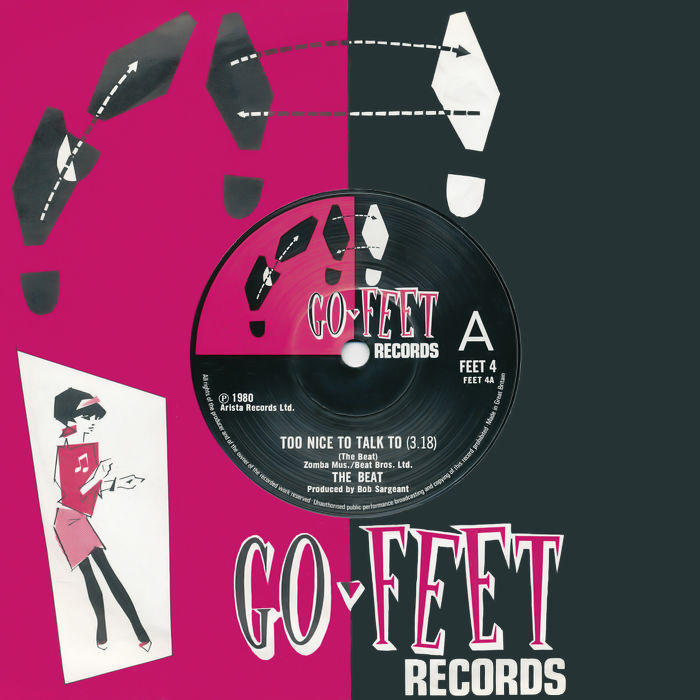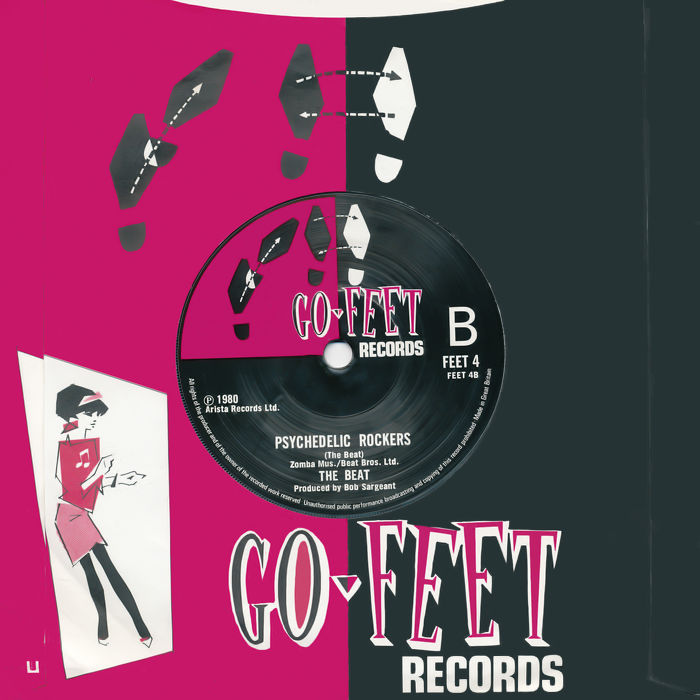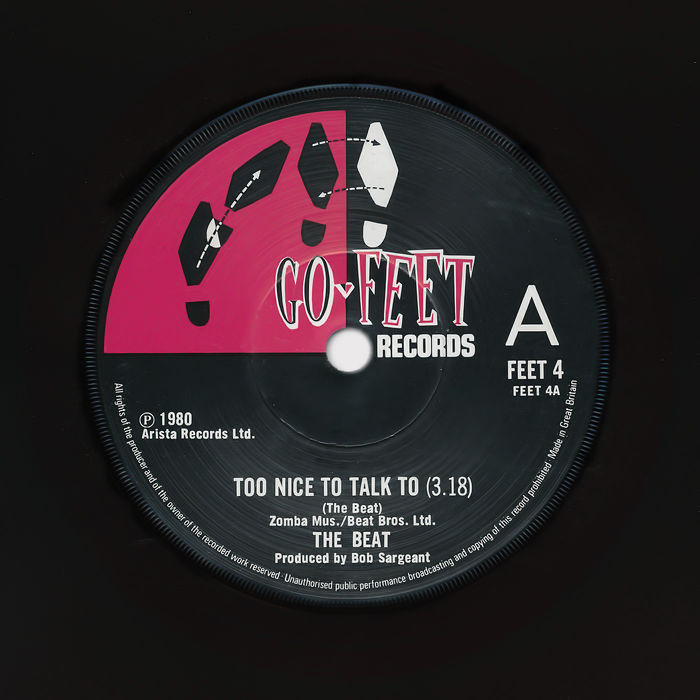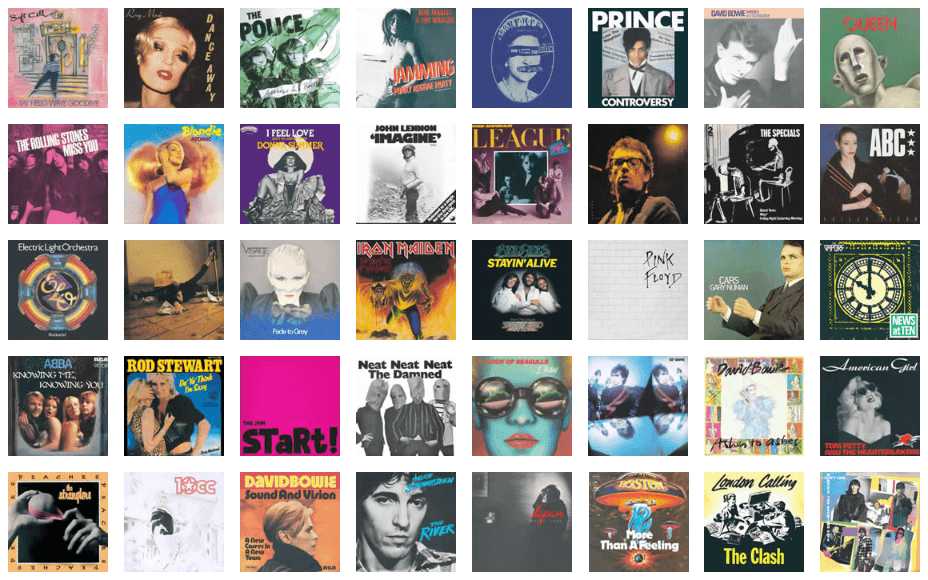The Story Behind The Song
In the summer of 1979, broadcaster John Peel compered an event at Birmingham's Aston University. Blown away by watching The Beat perform live, he steps on stage after their set and declares them to be "the best band in the universe after The Undertones". He offers to swap his appearance cheque for theirs if they perform again. The Birmingham-based outfit are only too happy to triple their money.
The Beat are getting noticed. Jerry Dammers of The Specials checks them out. Impressed, he invites them to support The Selector and Madness before offering them a one-off record deal. Guitarist and vocalist Dave Wakeling later told Record Collector magazine that Dammers said to them, "We've got this label called 2 Tone, would you like to be on it?" They replied "Yes" and that was all it took to secure their first record deal. Their debut single, a cover of Smokey Robinson's Tears Of A Clown, was released on the independent label and was the first of four Top Ten hits for the group.
On 5 November 1979, The Beat appeared on the first of three John Peel Sessions on Radio 1. Their set included Mirror In The Bathroom and Hand's Off She's Mine, both of which would later become hit singles. The session was produced by Bob Sargeant, who became the group's producer, adding crispness to their distinctive sound. The Beat were now in demand. They signed to Arista, who offered them a boutique label of their own: Go Feet. It never lived up to their hopes of becoming another 2 Tone, but it gave them a similarly distinctive aesthetic: a dancing shoeprints diagram and a cartoon icon, The Beat Girl which, courtesy of Sting's t-shirt, famously made a guest appearance in the video of Don’t Stand So Close To Me (The Police's No. 1 hit in October 1980).
When The Beat returned for a second John Peel Session on 22 September 1980 they were famous and successful, at least in the UK. Their set contained Too Nice To Talk To, a track that did not originally feature on any album. It was released as a single at the end of 1980, reaching its peak position inside the Top Ten in early 1981. The song is about awkward shyness and hesitancy, about plucking up the courage to make a bold move but making it too late. Often being bold is more about timing than the act itself.
Wakeling explained that his lyrics were based on experiences of the Barbarella nightclub in Birmingham. At 2:20am, the DJ would abruptly "scratch" a record mid-song - stopping the turntable or lifting the needle - and turn up the lights to force everyone to leave. If you hadn't plucked up the courage to dance with someone you fancied by this time, it was too late. "And so it was a story really about wanting to go and dance with somebody," he commented, "and going over in your mind what you would say… And you waited that long for it, you took a deep breath and strode towards the dance floor, all the lights in the club went on and the record got scratched up, 'Okay, thank you, good night.' Oh, it's too late now; I've spent all night just watching you." Hence, the lyrics: "It's too late now, it's twenty past two. I spent the night just watchin' you."
It's a story most young adults relate to: the object of your affection is attractive, the stakes are high and rejection would be crushing, so you stand eyes cast downward, avoiding eye contact: "Now I think quite a lot As I stare at my shoes. About all these things That I put myself through. There's nothing to say and there's nothing to do. You're just too nice to talk to."
The Beat were at the vanguard of the ska revival that dominated the UK charts at the dawn of the 1980s. With their distinctive sound, on-stage persona and record-label aesthetic, we believe they are second only to The Specials in this genre. And Too Nice To Talk To is one of their finest singles.
We hereby instate Too Nice To Talk To by The Beat on The Wall as No.12 Best Single of 1981
I bought several of The Beat's singles, but not this one: I was beaten to it by my brother. Looking back, The Beat provided one of the most memorable and enduring sounds of the early 1980s.Ant B




